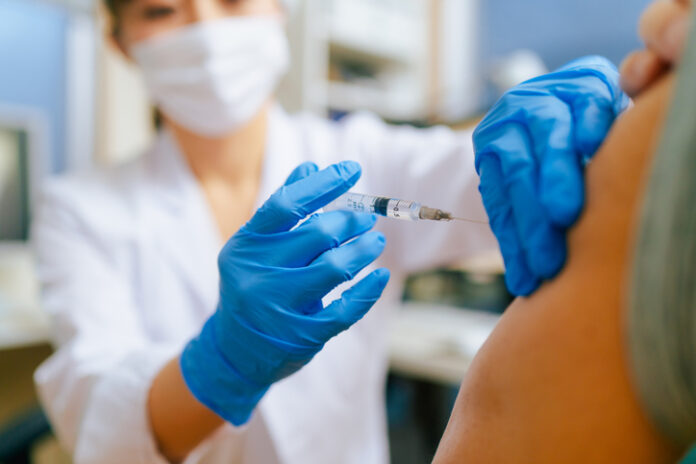Bathurst residents are being invited to join a Japanese encephalitis (JE) vaccine study investigating a method to improve the delivery of the vaccine.
National Centre for Immunisation Research and Surveillance Paediatrician and Infectious Disease Specialist, Dr Emma Goeman said the study will look into whether injecting the Imojev vaccine in a different part of someone’s skin could lower the amount of vaccine (dosage) needed.
“Currently, the vaccine is given by what we call the subcutaneous route, which means under the skin,” Dr Goeman said.
“What we’d like to know from this study is if we give a smaller amount of vaccine between the layers of the skin, whether it creates as strong a response from the body which protects against the virus.”
The JE vaccine Imojev is approved by the Australian Therapeutic Goods Association and is currently delivered as an injection under the skin.
Researchers are calling for participants from the Bathurst Region to take part in the study which is being led by the Western NSW Local Health District (WNSWLHD) and the National Centre for Immunisation Research and Surveillance.
WNSWLHD Director of Public Health and Study Investigator, Priscilla Stanley said the team has established a study clinic in Bathurst which will run for five days.
“I encourage healthy, non-pregnant people aged five years and older who live in, work in, or frequently visit the Bathurst Regional Local Government Area – and who do not currently meet NSW Health JE vaccine eligibility criteria – to participate in the study,” Ms Stanley said.
“This is an important study because if intradermal vaccination with a smaller dose proves effective, it will mean more people can be protected using the current supply of vaccines.
“This may allow more people across NSW and Australia to be protected against JE sooner.”
JE is a rare but serious illness caused by the JE virus and is spread to humans by infected mosquitoes. Although most infections are asymptomatic, those with severe infection may develop encephalitis which can lead to death or permanent disability. There is currently no treatment for JE viral infection once acquired. Vaccination and taking action to avoid being bitten by mosquitoes remain the best protection.
The study in Bathurst is launching at an ideal time, as the NSW mosquito season typically begins in early November each year.
How to take part?
The study clinic will operate at Ochre Medical Centre Bathurst, from 8:30am – 3:30pm, Tuesday 24 October to Saturday 28 October.
To book an appointment call the study team on 0428 963 193.


